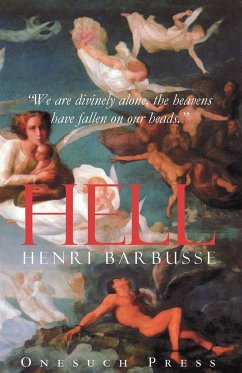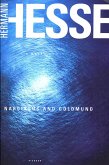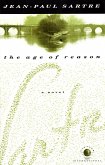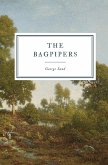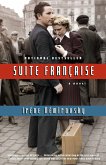Hell (L'enfer) is a study of voyeurism written in 1908 by Henri Barbusse. When it was translated into English in 1918 it ignited a scandal. A young man in a Paris boarding house spies on the inhabitants of the next room through a hole in the wall. At once both voyeur and philosopher, what becomes of him who sees too much? Witnessing love, marriage, adultery, incest, death and seeing the heroism and cowardice of the human condition. In his words, "We are divinely alone, the heavens have fallen on our heads".

